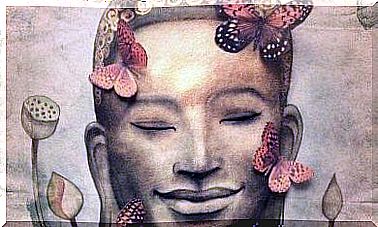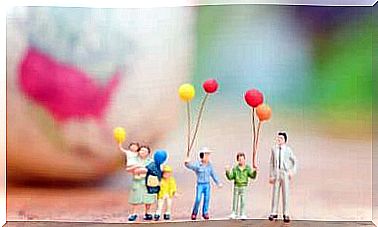Why Do Japanese Children Obey And Not Make A Fuss?
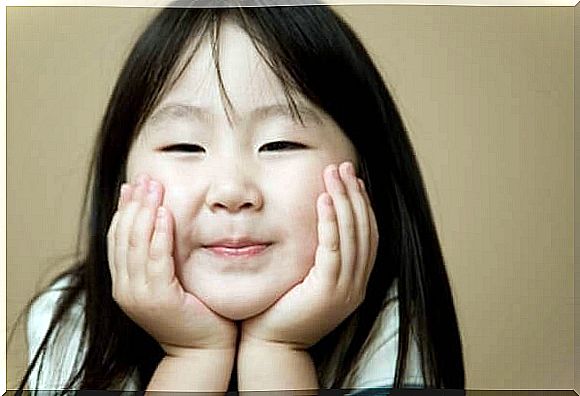
The personality of Japanese people is admired in different parts of the world. We saw how they faced enormous tragedies with great stoicism. They don’t lose control and preserve the collective meaning under any circumstances. They also stand out for their enormous respect for others and their great capacity for work.
Not only Japanese adults are like that. Japanese children are very different from what we usually see in the West. From an early age, his gentle gestures and affability are remarkable. Japanese children are not ones to get angry and lose control of anything.
How did the Japanese manage to have a society where the values of self-control, respect and moderation are predominant? Are they so rigid that they managed to create a disciplined society? Or maybe your creation strategies involve effective patterns? Let’s look at the matter in more detail.
Japanese people place great value on family
One thing that makes Japanese people very special is the relationship that exists between different generations. More than anywhere else in the world, the bond between older and younger people is empathetic and affectionate. For them, an elderly person is someone full of wisdom, who deserves the greatest consideration.
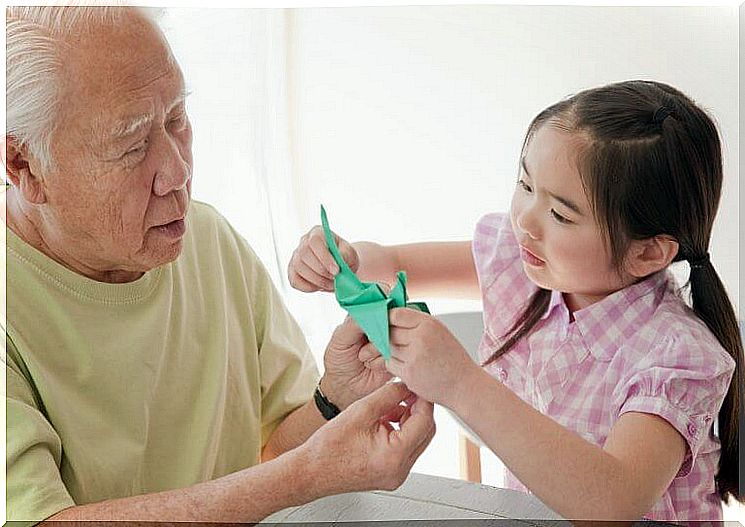
For their part, the elderly see in children and young people in formation. That’s why they’re so tolerant and kind to them. They adopt a guiding role, not judges or inquisitors in their lives. Therefore, the bonds between young and old are usually very harmonious.
Furthermore, the Japanese place great value on the extended family. But at the same time, they have very well defined limits. For example, for them it is inconceivable for grandparents to be responsible for a child because the parents don’t have time. The bonds are not based on an exchange of favors, but on a broad vision where everyone has their own place.
Creation is based on sensitivity
Most Japanese families understand nurturing as an affective practice. Shouts or strong recriminations are frowned upon. What parents expect from their children is that they learn to relate to the world, respecting the sensitivity of others.
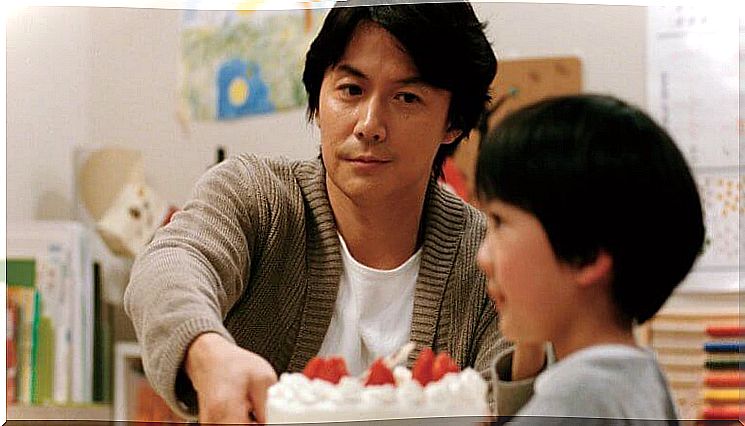
Usually, when a child does something wrong, his parents will scold him with a look or a disgruntled gesture. Thus, they make you understand that your attitude is not acceptable. It is common for them to use phrases such as “You hurt him” or “You were hurt” to point out that their behavior is negative because it causes harm, not “because”.
This type of formula applies even to objects. If, for example, a child breaks a toy, his parents are more likely to say “You hurt him.” They won’t say “You broke it.” The Japanese emphasize the value involved, not the workings of things. That’s why children learn early on to be sensitive to everything, something that makes them more respectful.
Japanese children’s big secret: quality time
All of the above elements are very important, but none of them are as important as the fact that Japanese people have an attitude of giving their children quality time. They don’t understand creation as a distant thing, but just the opposite. Creating close bonds with your children is very important to them.
It is unusual for a mother to take her child to school before the age of three. It is common to see mothers carrying their little ones everywhere. This physical contact, which is also very common in ancestral communities, also creates deeper bonds. This proximity of skin is also of soul. For a Japanese mother it is very important to talk to her little ones.
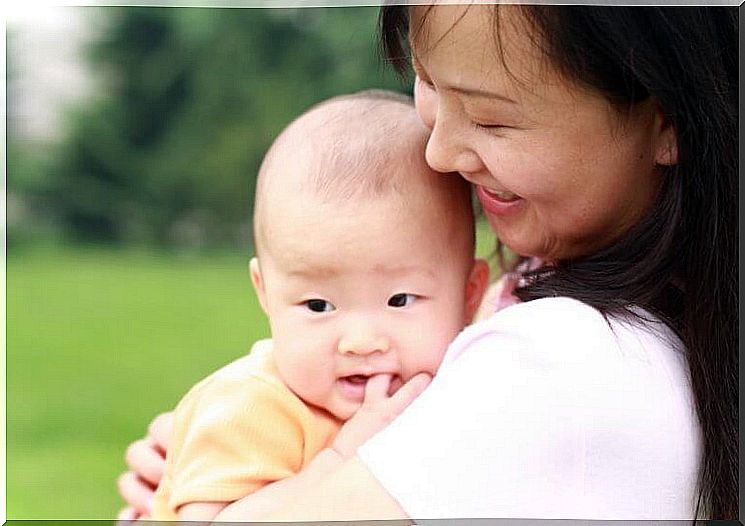
The same goes for parents and grandparents. It is common for families to get together to talk. Eating as a family and telling stories is one of the most frequent activities. Family stories are told all the time. This creates a sense of identity and belonging in the little ones. There is also a deep appreciation of the word and the company.
That’s why Japanese children hardly ever do pranks. They are surrounded by an environment that does not cause them much fright. They don’t feel emotionally abandoned. They realize that the world has an order and that everyone has a place. It calms them, sensitizes them, and helps them understand that humor outbursts are unnecessary.
